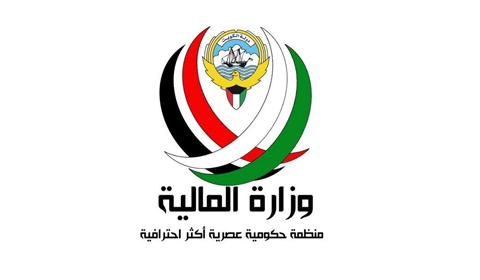Spending also surges, with 75 percent allocated for wages, subsidies
KUWAIT: The finance ministry said yesterday that public revenues rose sharply in the 2018/2019 fiscal year mainly due to substantially higher oil revenues and higher-than-expected non-oil income. Although spending rose by 13.5 percent, the budget shortfall fell to KD 1.29 billion, or 60 percent lower than the previous year's deficit and 83 percent below projections, the ministry said in a statement.
Oil income surged 29 percent to KD 18.43 billion and non-oil income increased by 24 percent to KD 2.13 billion. Overall revenues were at KD 20.56 billion, up by 28.5 percent on the previous year, the statement said. Spending also rose to KD 21.85 billion, 13.5 percent higher than the previous year.
The budget deficit for the 2018/2019 fiscal year which ended on March 31, was also much lower than projections because the average oil price for the whole fiscal year was $68.6 a barrel, much higher than the $50 a barrel projected while preparing the budget. By law, 10 percent of revenues, or KD 2.05 billion in 2018/2019, is transferred into the reserve fund for future generations or the country's sovereign wealth fund, whose assets are estimated at around $600 billion.
The statement said that as much as 75 percent of spending was allocated for wages and public subsidies. Wages accounted for KD 11.45 billion, while subsidies came at KD 4.9 billion, more than 65 percent higher than the previous year. Finance Minister Nayef Al-Hajraf said non-oil revenues recorded a healthy growth for the second year in a row and that capital spending on projects accounted for 14 percent, a good share which the ministry plans to raise to 17 percent in the current year.








